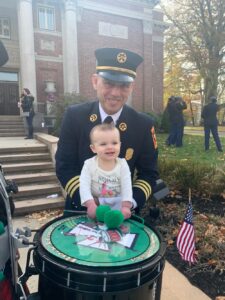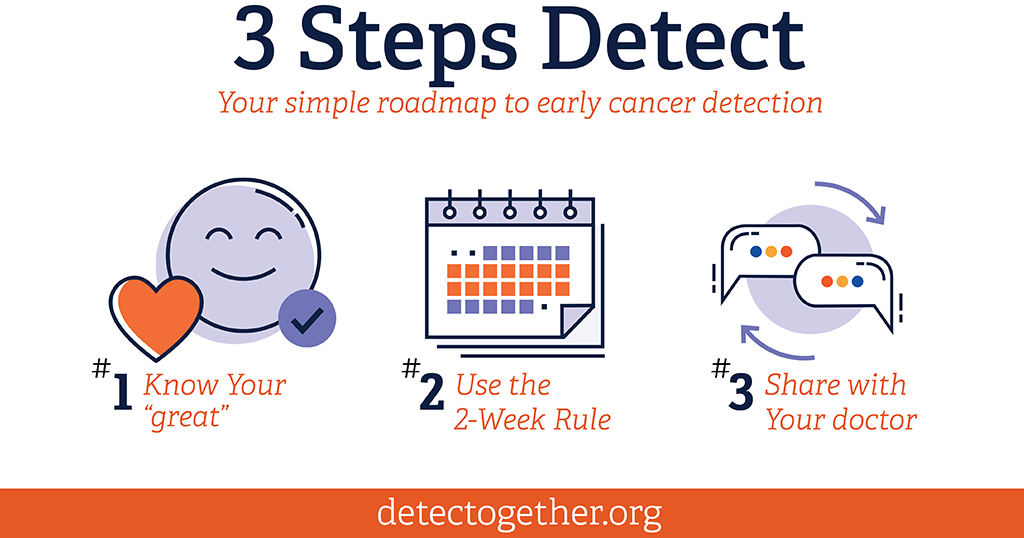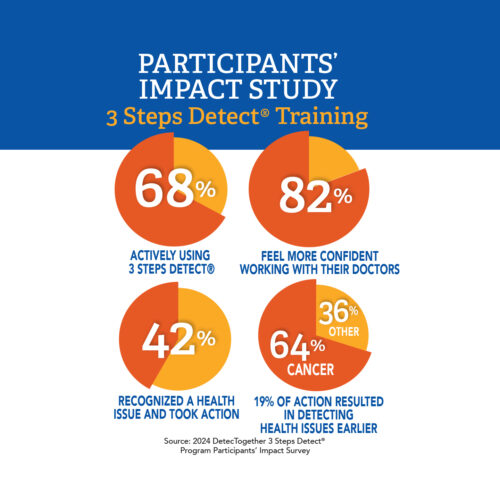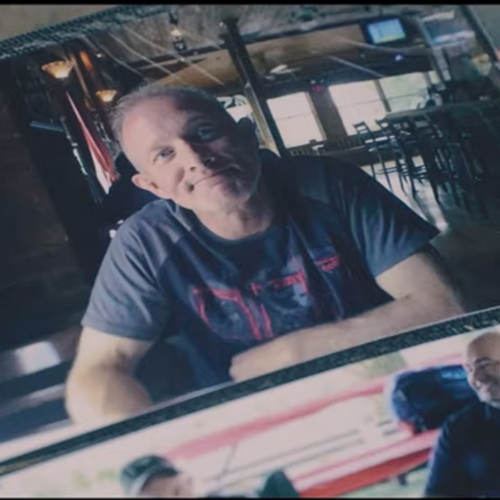
In 2023, 72% of line-of-duty deaths among firefighters were due to cancer.
What’s the fastest way to lower this staggering percentage? Early cancer detection.
The fire service is making strides toward reducing cancer deaths by fostering a culture of cancer prevention—and rightfully so. But culture change in the fire service takes time. In the meantime, what if we could repurpose some of the everyday policies and procedures we already use in the firehouse to promote early cancer detection?
Firefighters rely on inspection criteria, checklists, and routine maintenance schedules to keep apparatus, tools, and equipment in top shape. Why not apply these same practices to our own bodies?
As Sam Dillon, President of Boston Firefighters Local 718, told a Boston Fire Department recruit class:
“The most important tool on the fireground is the firefighter.”
Dillon urged the class to treat their health with the same care and attention as they give their fire apparatus and tools. That advice could save lives.
Leveraging Familiar Practices for Health
Think about it: Every shift, a good pump operator visually inspects the water level in the tank, ensures the pump engages properly, and documents the apparatus inspection on a checklist. If they find a problem, they report it to the appropriate authority for repair.
Why not take that same disciplined approach to assessing your health?
Run a daily status report on your body.
Know what it feels like when you’re at your best. That’s Step 1: “Know Your Great!”
If you notice a change, document it—just like you would for a piece of equipment.
Use Step 2: “The Two-Week Rule.”
Is the change persistent? Has it lasted more than two weeks? A subtle, ongoing change in your health could be an early sign of cancer.
If you find a problem with the most important tool on the fireground—your body—it’s time to take Step 3: “Talk to Your Doctor!”
Collect as much information about the change as possible and share it with your primary care provider. If you don’t have a primary care provider, make it a priority to find one. Continuity of care is critical.
Getting in touch with “your great” isn’t about being overly cautious or anxious; it’s about equipping yourself with skills and peace of mind.
Recognizing your baseline allows you to advocate for yourself and seek medical advice when necessary without second-guessing. Your baseline is as unique as you are– make it your goal to know it, honor it, and protect it. By understanding “your great,” you’re taking a vital step toward a longer, healthier life.
Detect Together: A Lifesaving Framework

DetectTogether’s 3 Steps Detect framework aligns perfectly with this approach:
1. Know Your Great!
2. Use the Two-Week Rule.
3. Share with Your Doctor.
Thank you to Joe Marchetti for writing this insightful piece on the importance of early cancer detection in the Fire Service.






